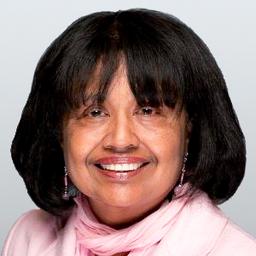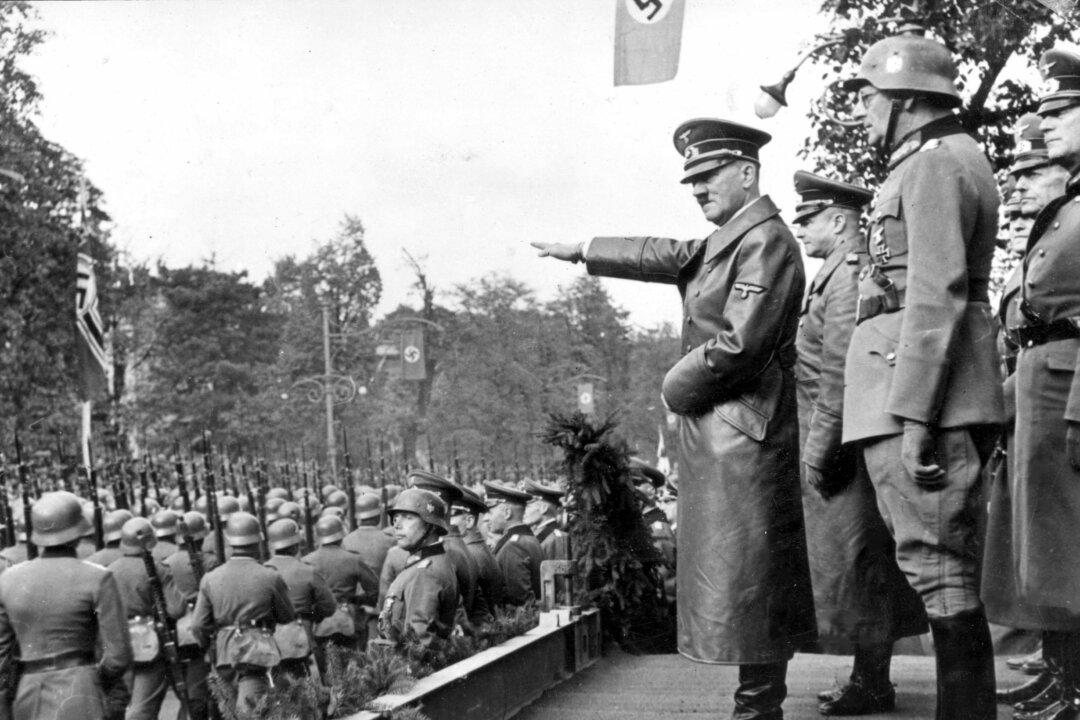Josef Jurkovic’s memories of the night 50 years ago when military tanks rolled into his hometown are as clear as the Bohemian crystal for which his native country—Czechoslovakia at the time but now the Czech Republic—is world-famous.
Now 69 and a proud Canadian living in Ottawa, Jurkovic’s face betrays no emotion as he recalls the details of events on Aug. 21, 1968, when tanks and soldiers from the Warsaw Pact countries entered Hradec Kralov, about 80 km north of Prague.





